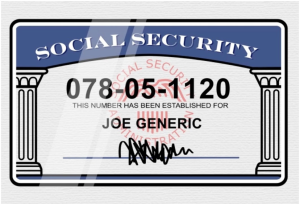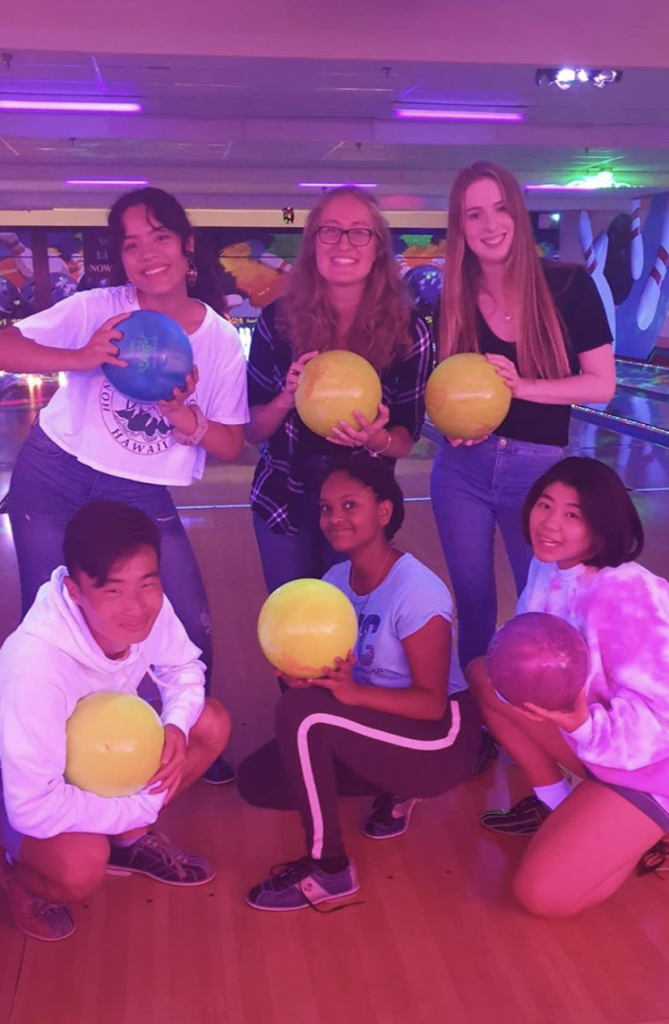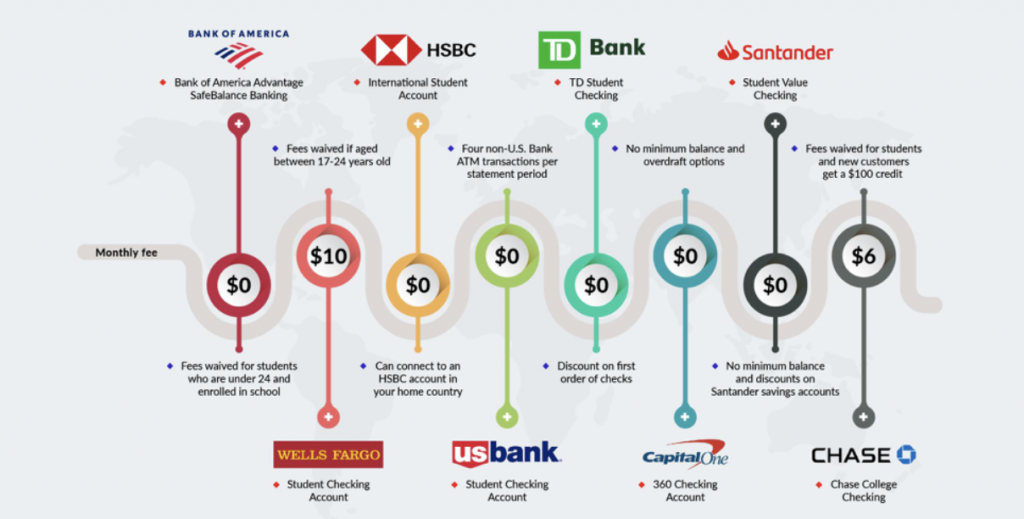Everyone should study abroad in Aix-En-Provence, France with IAU! When looking for abroad programs, I was open to any country and culture in the European region. When I heard about Aix-en-Provence, France, I knew that it was the best place for me. Aix is a small city in the south countryside of France. It is located just less than an hour away from the Mediterranean which sold me as I love warm weather and being near bodies of water. I was equally excited and nervous to immerse myself into a brand new culture across the world. I didn’t know any other languages besides English and a little bit of Spanish which made me timid about my navigation and communication skills that I would need in a different country.
Institute for American Universities is the program offered in Aix-en-Provence which was very helpful because all of my classes were in English. The school itself was very small, only located in two buildings a block away from each other. Similar to Cal Lutheran, the professors were all very helpful and caring when it came to school work. Classes ranged anywhere from 5 people to 20 people, which was what I was used to back home. It made it really easy to ask questions and make friends in class. Aix is a very quaint city and is known for having a large population of university students. There are two other local colleges in town, making the city young and lively.
The vast history of Aix makes for a popular tourist destination, especially in late spring and early summer. I found a lot of local restaurants and coffee shops, but also a lot of familiar places. Aix has a pita pit, a subway, a dominos, etc, which made me feel like I wasn’t too far from home. For shopping, the town had small boutiques in the center but also brands like Zara, H&M, Levi’s, and more.
Homestay:
Specifically for this program most students tend to live with host families. I lived with a young couple who were both in their early 30’s. Thankfully, IAU had a survey to fill out regarding language spoken in the household. I had said that I was a beginner in French and that led me to two host moms who both had their PhD’s in English Linguistics. This helped a lot because they were able to help my roommate and I with our French homework. And, not only did they speak French, but one of them was actually Lebanese and the other Italian. This brought in a lot of culture and yummy food every night. They cooked us dinner every evening and bought us breakfast food. We were on our own for lunch which pushed me to try almost every restaurant in the city. I had my own room downstairs and one roommate who had her own room as well just across the hall from me. Like a lot of neighborhoods in Aix, I lived in the suburbs and had a 35 minute walk to class every morning. It was hard for me in the beginning to walk 1.5 miles in the blistering cold at 7 am, but within a couple of weeks my walks to and from the center of the city became very therapeutic. I spent most of this time listening to podcasts or facetiming friends and family from home.
There was public transportation in Aix but it wasn’t always available through the night time. Aix has buses that run from 6 am to 10 pm, but plenty of ubers to order which I did most of the time when coming home from being out at night with my friends.
Travels:
France is somewhat in the center of Europe, which made it really easy for me to travel to other countries in Europe. I was able to go to 6 different countries, Spain, Switzerland, The UK, Germany, Italy, and Greece with less than 2 hours per plane ride. I got to see some amazing cities thanks to RyanAir which is a low cost fare company. More often than not, I paid less than $100 for a round trip ticket. A lot of the time RyanAir had deals and I was able to fly for less than $15 to Italy.
Traveling tips:
Do NOT bring a big suitcase to split the cost and space with your friends. My friends and I made the mistake and thought it would be more convenient to pack a big suitcase and take turns rolling it while traveling. Although it was cost effective if you wanted to pack more things that could not fit in your carryon, it was way more of a hassle to lug around a huge suitcase in metro systems. Also, most of the streets in Europe have a lot of cobblestone streets making it difficult to roll a suitcase. There is just no reason to pack more than two outfits when traveling for only a weekend. Only pack what can fit in your backpack/carryon. You might also do a little bit of shopping in the city that you are traveling to as well, so leave room for that.
Book an Air bnb / Hostile closer to the time that you land in the country. A lot of the time, my friends and I flew in very early to the city we were traveling to in order to have an “extra day”. However, it was kind of a drag having to wait for your check in time with a heavy backpack or bag.
Always have your passport on you. I always had my passport either in my jacket pocket with a zipper or in my waistband. I was terrified of having it stolen so I did everything I could to keep it as close to me as possible. I would put it in my bag as well, but I made sure it was in the zipper pocket of a bag with a zipper.
-Alyssa Fellows ’23



